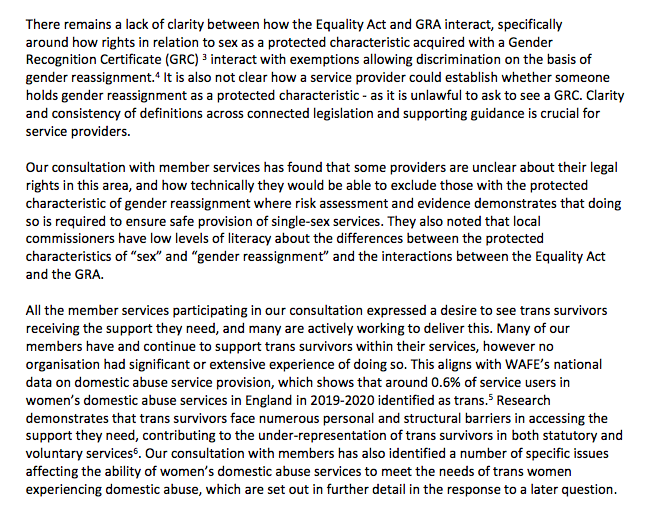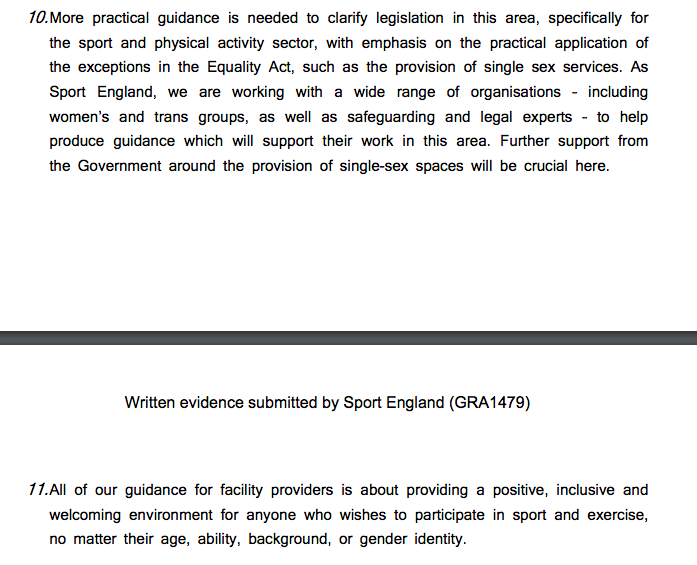She is also co-author if the Equal Treatment Bench Book and writes about how the judges are trained by Gendered Intelligence








A lot of evidence was published by @Commonswomequ
— Maya Forstater (@MForstater) January 13, 2021
Its worth reading the additional evidence of @Docstockk Rosa Freedman and @ProfAliceS side by side with @alexsharpe64
They both talk about the Swedish Study..... https://t.co/nIewfDsSNrhttps://t.co/Yl5Vy7z2C6
Our Social Media Discussions are Back!
— Kenna Partners (@Kenna_Partners) January 13, 2021
Today our topic is: Digital Identity and the Law
Join the Conversation on Twitter by 5PM! pic.twitter.com/TbbqMMQbLc

Meet Yang Ruifu, CCP's biological weapons expert https://t.co/JjB9TLEO95 via @Gnews202064
— Billy Bostickson \U0001f3f4\U0001f441&\U0001f441 \U0001f193 (@BillyBostickson) October 11, 2020
Interesting expose of China's top bioweapons expert who oversaw fake pangolin research
Paper 1: https://t.co/TrXESKLYmJ
Paper 2:https://t.co/9LSJTNCn3l
Pangolinhttps://t.co/2FUAzWyOcv pic.twitter.com/I2QMXgnkBJ


1/\u201cWhat would need to be true for you to\u2026.X\u201d
— Erik Torenberg (@eriktorenberg) December 4, 2018
Why is this the most powerful question you can ask when attempting to reach an agreement with another human being or organization?
A thread, co-written by @deanmbrody: https://t.co/Yo6jHbSit9